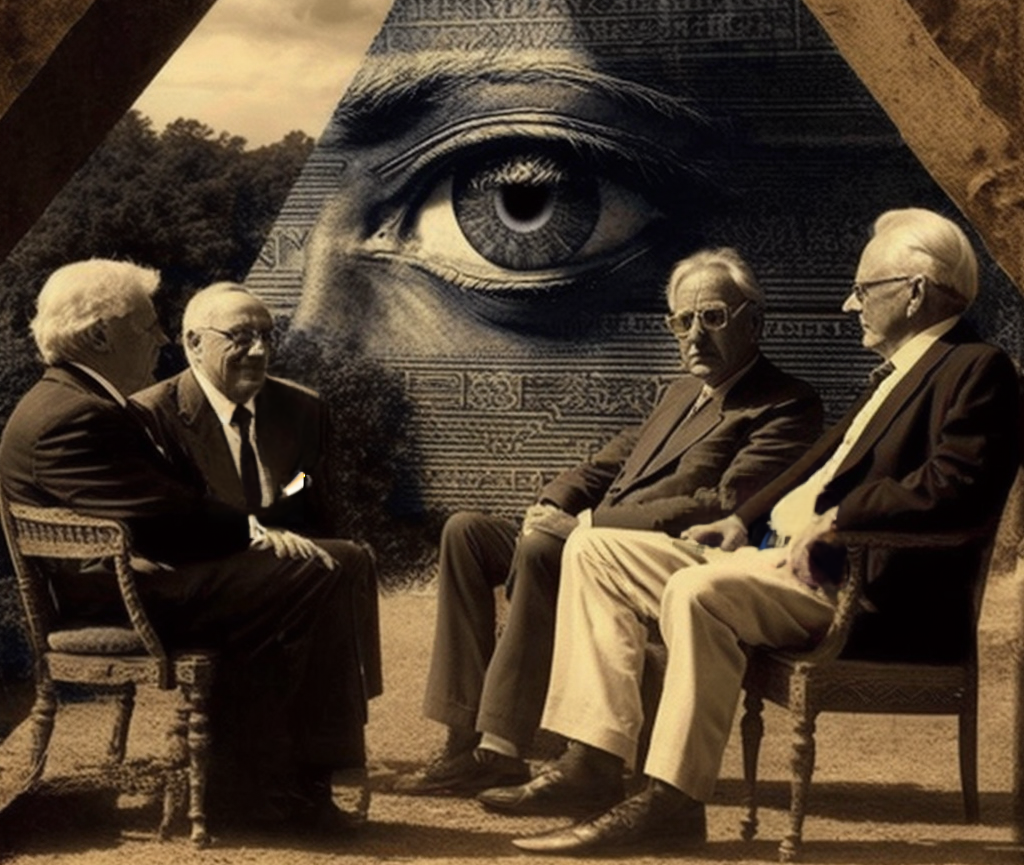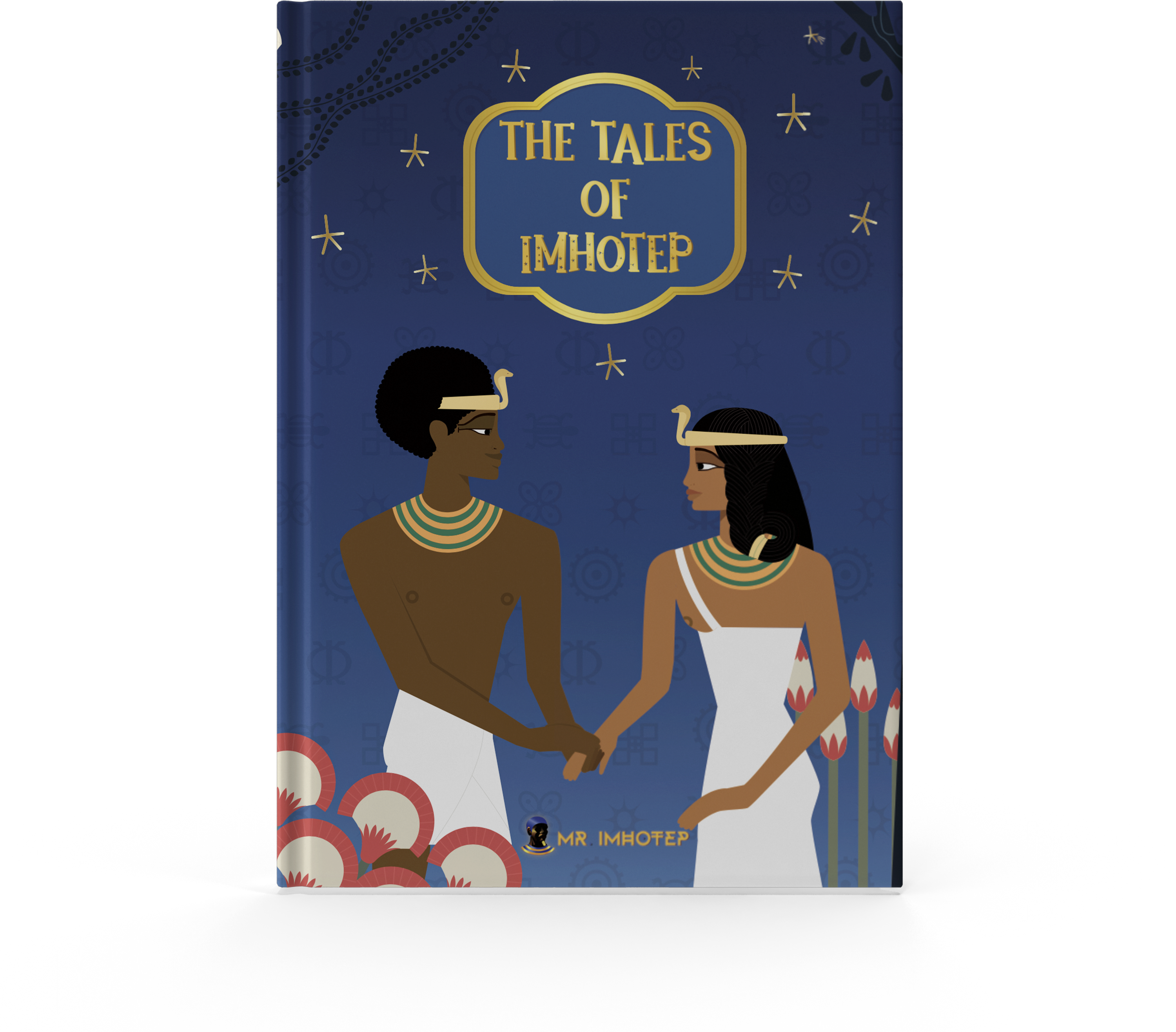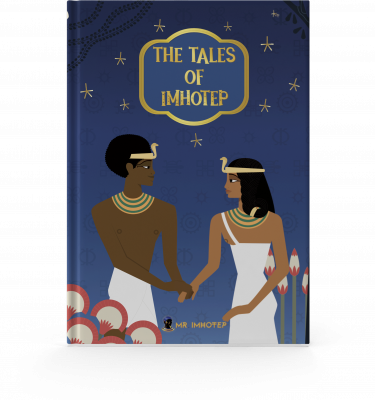Egyptology, the study of pharaonic Egypt, has captivated scholars and the public alike for centuries. However, the origins of this field of study are steeped in European colonialism and the desire to maintain a sense of racial superiority. This has resulted in a distorted view of ancient Egyptian civilization, one that disregards its true African origins and instead portrays it as a European or Middle Eastern civilization.
It all began with Napoleon Bonaparte’s invasion of Egypt in 1798. Accompanying him were a group of scholars who documented their findings in Description de l’Égypte, a publication that made large quantities of source material about Kemet (the ancient Egyptian name for Egypt) available to Europeans. However, this knowledge was not intended for the benefit of Africans, but rather for Europeans who had lost touch with the ancient civilization.
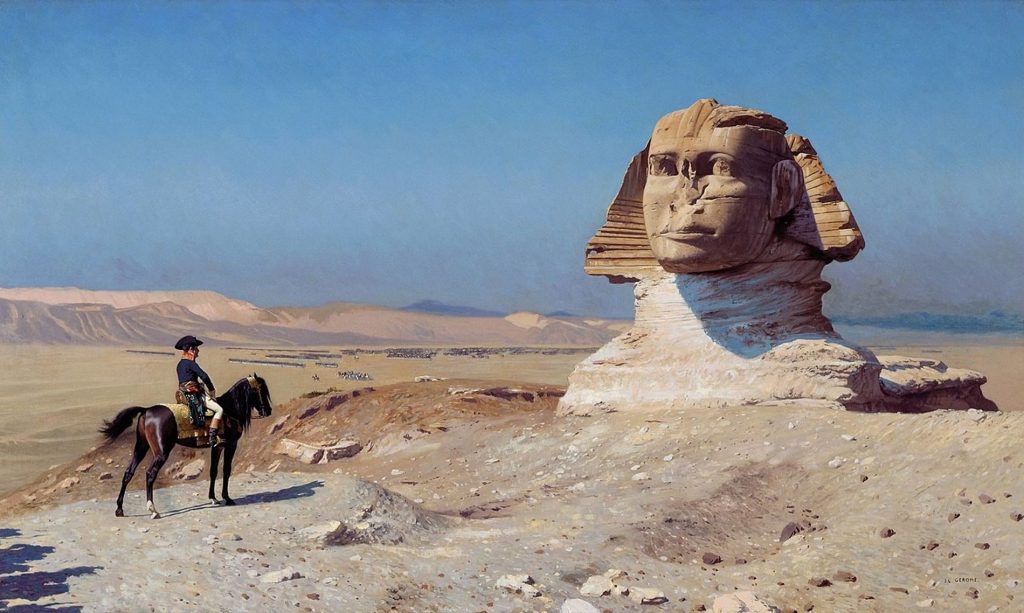
This single fact has had a significant impact on the way Egyptology is studied and taught today. We are so accustomed to receiving information without questioning it that we often believe everything we are taught is authentic and perfect. But as Don Griffin, a historian, points out in a video, this is not the case with Egyptology. European scholars who studied Kemet and its history were driven by biases that colored their interpretations and influenced every action they took.
One scholar who delved deeper into this issue was Chancellor Williams, an African American sociologist, historian, and writer. In his book, The Destruction of Black Civilization, Williams outlines seven hidden principles that he believed all Egyptology institutions used, and continue to use today, when they make discoveries and deliver information to the masses.
These principles explain why most people today still have a biased understanding of the ancient history of Africa and Kemet, which is seen as the epitome of civilization.
According to Williams, the seven principles are:
- To ignore or refuse to publish any facts of African history that would not support the theory of European racial superiority.
- Create religious and scientific doctrines to ease the white conscience for oppressing and enslaving African people.
- Flood the world with hastily thrown together African histories that contain only the European perspective.
- Rename people and places, replacing African names with Arabic and European names to disguise their true black identity.
- Change the criteria for defining race, such as making one drop of Negro blood in America enough to make someone black, and reverse the standard when reporting ancient history.
- When black participation in civilization is obvious, find a way to attribute the success to outside white influence.
- When all the ancient historians contradict your theory, seek to discredit them.
These principles were developed to maintain the illusion of European racial superiority and prevent the oppressed and enslaved from discovering their true worth. The reality, however, is that Kemet was an indigenous black African civilization, as evidenced by all the discoveries made over the years.
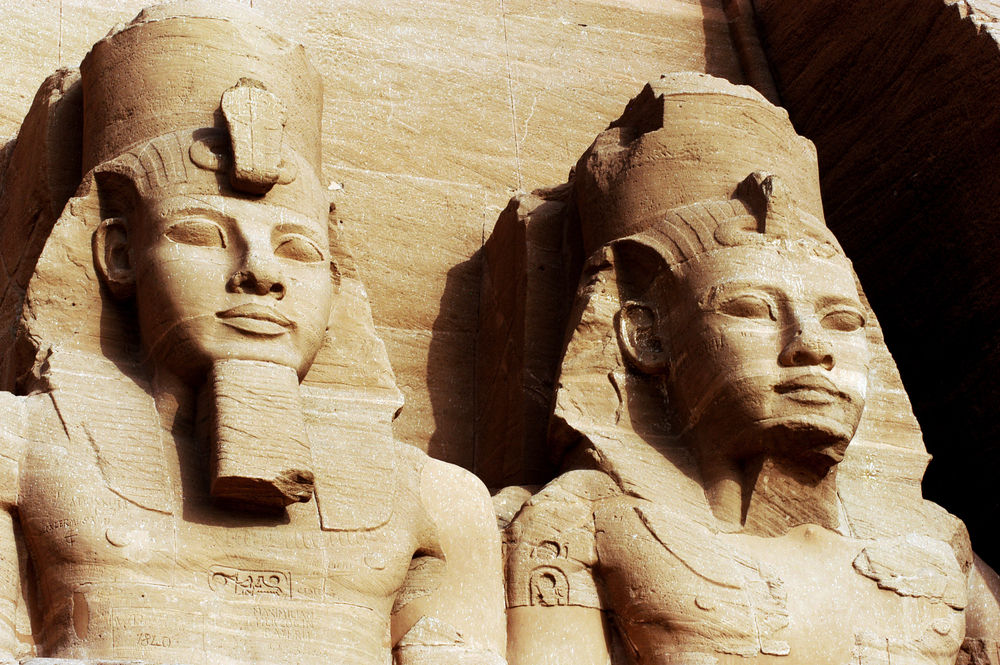
But going from that truth to the belief that Kemet was a European or Middle Eastern civilization would require rewriting history. Everything left by the ancient people themselves stated the opposite. Therefore, European scholars had to find a way to maintain their illusion of racial superiority, and these seven principles were the result.
Scholars who doubt the existence of these principles argue that it is a pure hypothesis, and that secret meetings among the greatest Egyptologists could not have occurred. But history shows that such meetings have taken place in the past, such as the Berlin Conference, where European nations decided the fate of a whole continent without their consent. The same type of meeting could have occurred in the world of Egyptology, where European scholars could have gathered to ensure that their version of history was the only one taught and believed.
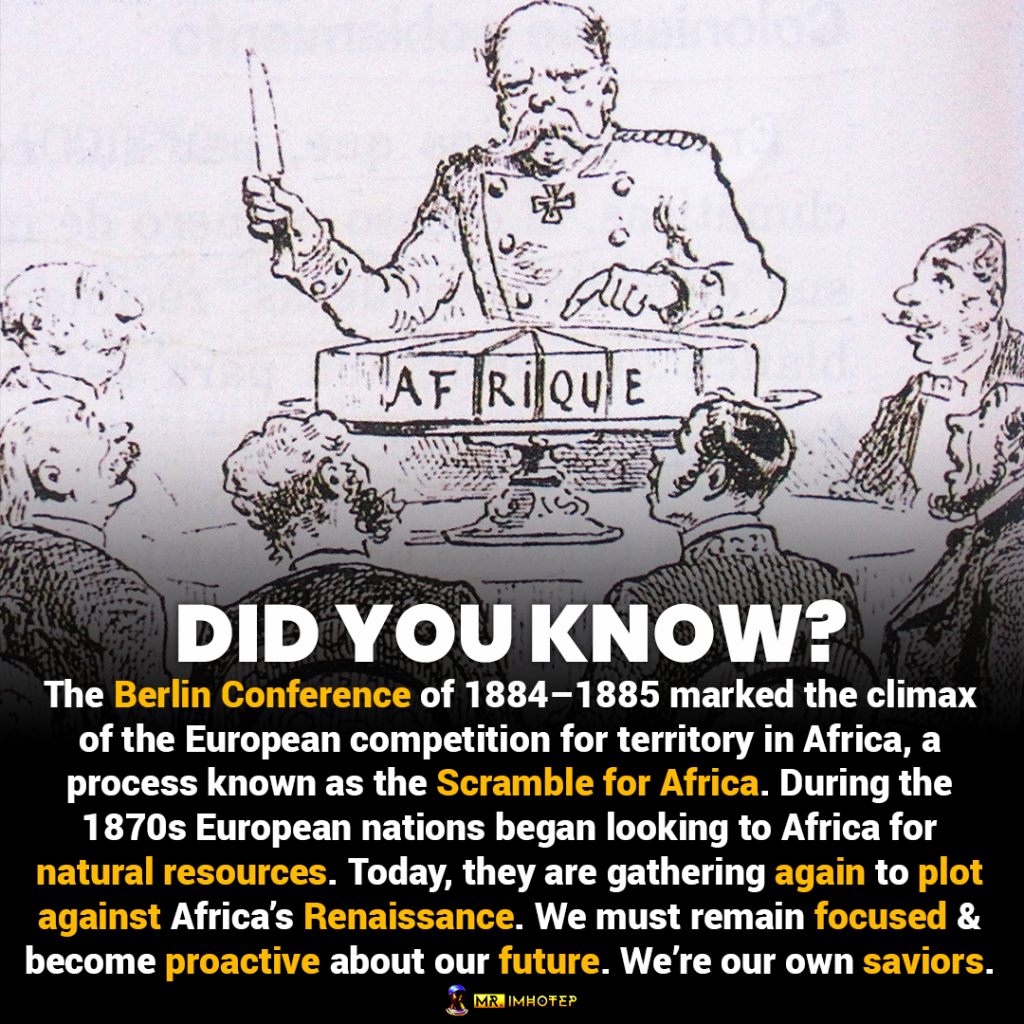
Every individual who has studied African history and then tried to debate with people about it has encountered at least the application of one of these principles. These principles act as mind walls that people hide behind when their beliefs are challenged by facts.
It is important to acknowledge and understand these principles, as they have shaped the way we view history and the world. By recognizing them, we can begin to break down the barriers that prevent us from seeing the truth about our past and present. It is only then that we can begin to move forward towards a more equitable and just future for all.

